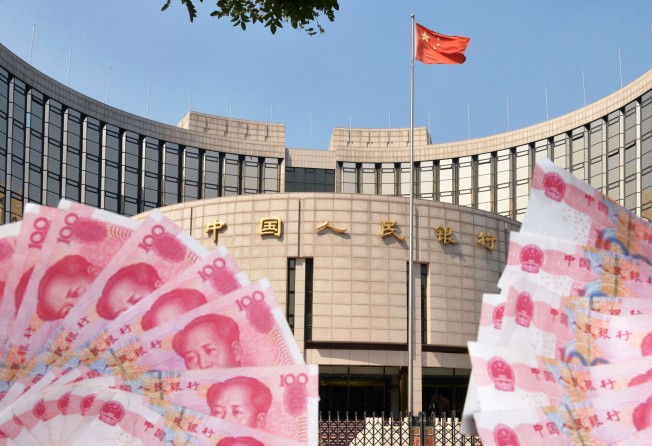Onshore yuan slides despite stronger fixing
The onshore yuan slid on Thursday morning but the offshore yuan strengthened.

The onshore yuan weakened against the US dollar on Thursday, even after the People’s Bank of China (PBOC) raised its reference point for currency traders.
The onshore yuan in Shanghai slid 35 basis points, or 0.05 per cent, to 6.5783 against the US dollar as of 11.02 am. The offshore yuan in Hong Kong strengthened 19 basis points, or 0.03 per cent, to 6.5834 to the dollar.
China’s central bank on Thursday set the yuan reference point against the US dollar at 6.5688, 201 basis points, or 0.3 per cent higher, than on Wednesday.
Traders are allowed to deal up to 2 per cent either side of the reference point for the day.
On Wednesday afternoon, the onshore yuan suddenly rebounded over 150 basis points to close at 6.5748 to the US dollar, 0.08 per cent stronger from a day earlier.
“There was a round of profit taking in the US dollar yesterday afternoon, not just against the onshore yuan, but also against other major currencies like the euro and Japanese yen. The US dollar has moved strongly higher during the past month and is due for a temporary correction,” Heng Koon-how, a senior foreign exchange strategist at Credit Suisse, said.
What also helped the onshore yuan yesterday were strong capital inflows to equities and exchange-traded funds (ETFs) that track Chinese A shares, in anticipation of the addition of A shares into MSCI’s Emerging Market Index, Heng said.
MSCI, an investment-tool provider to institutional investors, will decide in a review in June 15 whether to include A shares in its Emerging Market Index.
Despite the consensus that the yuan is on its path to depreciate, Heng said the central bank may still intervene if the currency slumps sharply.
“It is likely that the PBOC will want to inject some ‘two way flexibly,’” Heng said. “The onshore yuan has been weakening too fast in one direction over the last week and that may not be desirable.”